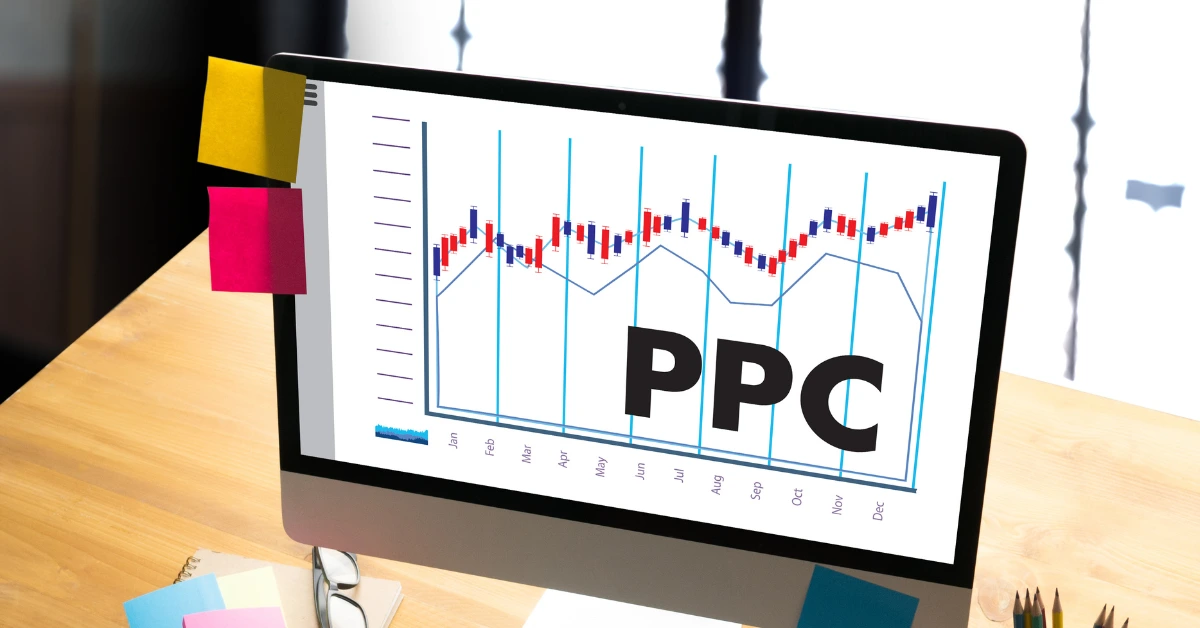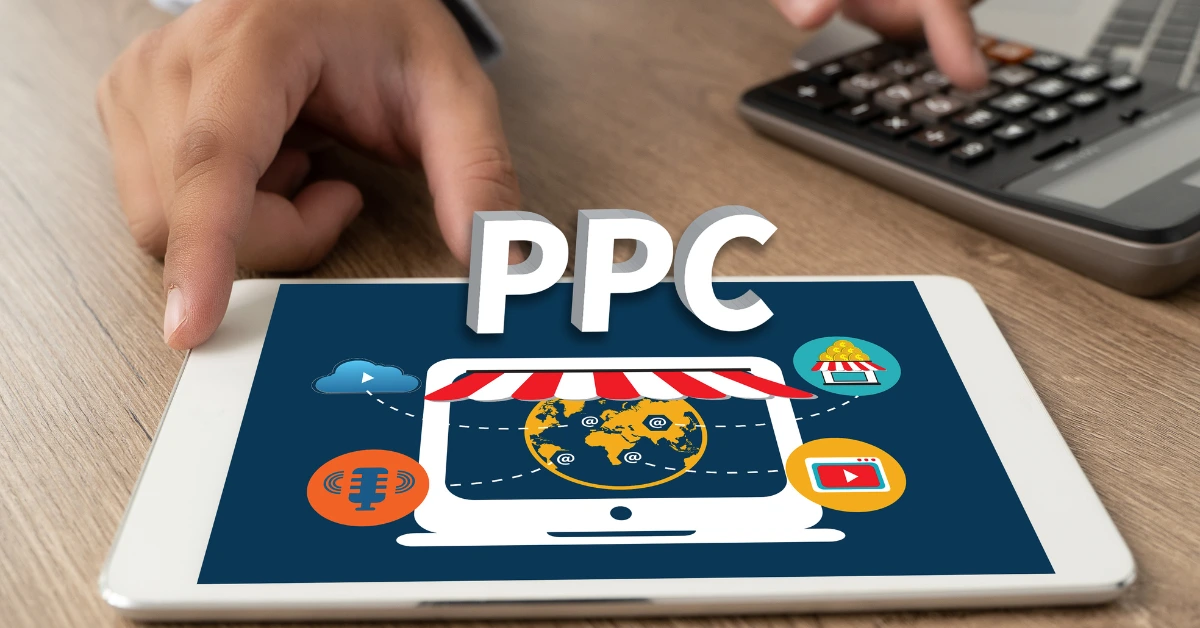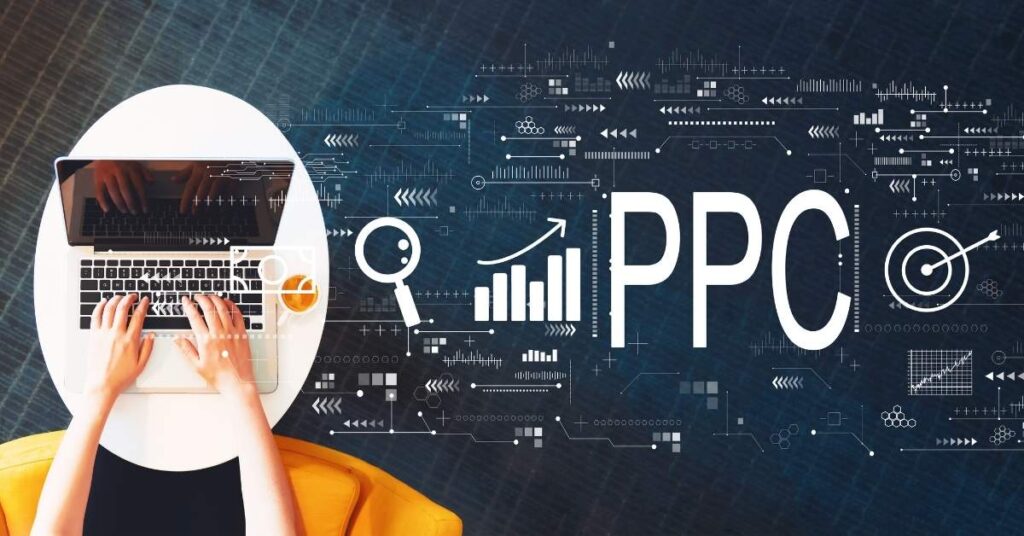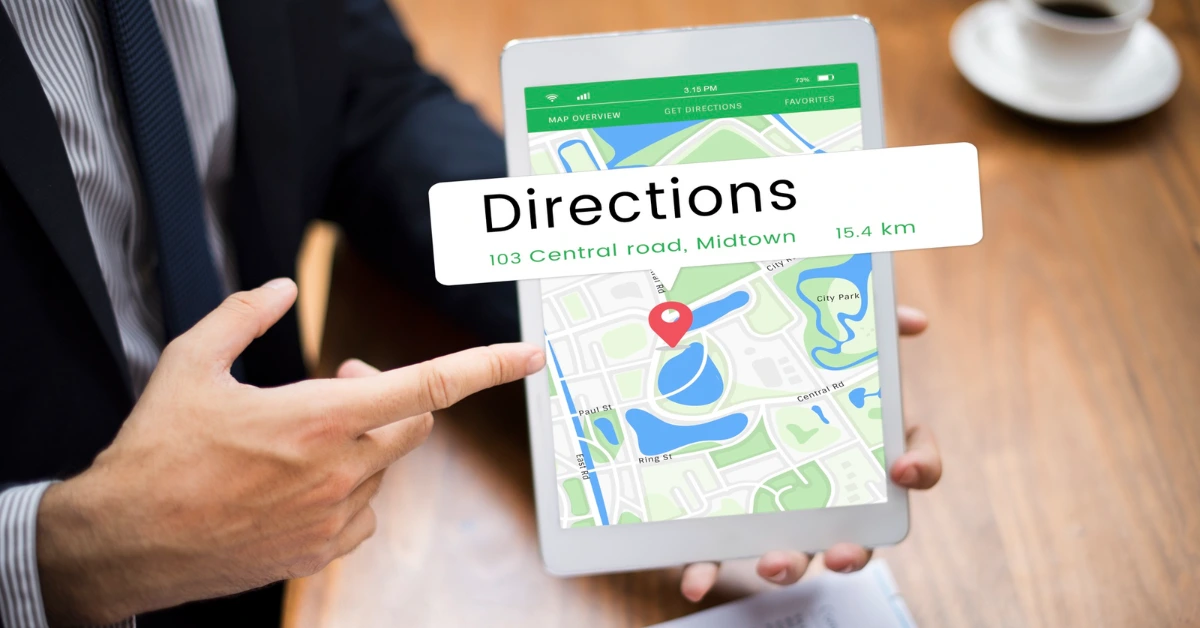White label PPC (pay-per-click) services let an agency outsource PPC campaign management to a specialist provider. In this model, the agency brings the client and the white-label partner handles the ads behind the scenes. The partner sets up and optimizes campaigns while producing branded reports and dashboards (with your logo) so that your clients see you as the expert. In effect, you get a PPC team-in-a-box – your agency can offer Google Ads, Bing Ads, social media ads and more without hiring or training in-house staff. This approach covers everything from search and display campaigns to Google Shopping and remarketing ads. It’s a win-win: your clients get professional PPC results, and you expand services and revenue while staying focused on your core strengths.

Agencies of all sizes use white label PPC to scale quickly. The partner essentially becomes an invisible PPC department. You keep the client relationship and brand; the specialist does the work using their tools and expertise. Because the provider is never revealed to the client, the service appears as a seamless extension of your agency. In practice, you might simply approve strategies and creativity, while the partner executes the campaigns. This setup saves you from overhead costs and lengthy hiring processes, letting you offer PPC under your agency’s name right away.
Examples of White Label PPC Services
White label PPC providers offer a full suite of campaign services. Typical offerings include:
- Campaign Setup & Management: The partner will configure ad accounts and launch campaigns from scratch, or take over and restructure existing ones. They continually optimize bids and budgets to improve ROI.
- Keyword Research & Targeting: Experts research and select the most relevant, profitable keywords for each client’s market, ensuring ads reach the right audience.
- Ad Copywriting: Professional writers craft compelling headlines and descriptions to boost click-through rates. This often goes hand-in-hand with landing page optimization, where pages are redesigned or tested to increase conversions.
- Remarketing/Retargeting: Partners typically set up advanced retargeting campaigns on Google and social platforms. For example, they might install Facebook or Google pixels to re-engage visitors who previously showed interest.
- Social Media Ads: In addition to search, white label PPC may cover paid social ads (e.g. Facebook/Instagram, LinkedIn). Many providers run cross-platform campaigns to maximize reach.
- Reporting & Analytics: You receive detailed, branded reports showing key metrics (clicks, conversions, cost). These insights allow you and your clients to see campaign performance clearly.

In short, anything a dedicated PPC team could do – from Google Search and Shopping Ads to Microsoft/Bing ads and social media advertising – can be handled via white-label services. You can even offer specialty services like YouTube video ads or local/geofenced ads if the partner supports them. For example, one white-label agency lists services from in-depth keyword audits to landing page reviews and 24/7 dashboard analytics. By partnering with such specialists, your agency instantly gains these capabilities under your brand.
Benefits of White Label PPC for Agencies
Using white label PPC can transform how an agency grows. Key benefits include:
- Scalability: You can take on many more clients without hiring new PPC staff. As your agency grows, the white-label provider can ramp up resources instantly. This means saying “yes” to bigger contracts and more accounts without overstretching your team.
- Cost-Efficiency: Building an in-house PPC team is expensive. With white label PPC, you avoid salaries, benefits, training costs and pricey advertising tools. You simply pay for the services you need (often a flat fee or percentage of spend). This keeps your overhead low and improves profit margins.
- Access to Expertise: White-label partners live and breathe PPC. They stay on top of algorithm changes, new ad features, and industry best practices. By tapping into their expertise, your clients benefit from cutting-edge strategies that you might not have in-house. In fact, some case studies show agencies achieving better ROI by outsourcing to PPC specialists than with untrained internal teams.
- Expanded Service Portfolio: Adding PPC makes your agency a one-stop marketing shop. You retain clients who want paid advertising and stand out from competitors who only offer organic or limited services. A broader toolkit also means upsell opportunities (e.g. bundling SEO, social and PPC) which increases client lifetime value.
- Higher Client Satisfaction and Retention: Effective PPC campaigns drive tangible results—more leads, sales, or traffic. When clients see these wins, they stay loyal. In turn, you enjoy lower churn rates and steady revenue.
- New Client Acquisition: Marketing your agency as a full-service firm helps you win more business. Many companies search for “PPC management” when they need help; offering this means you can attract clients specifically looking for paid ads expertise.
- Stronger Reputation: Delivering consistent PPC success under your brand builds your reputation as a comprehensive digital agency. Over time, word-of-mouth and case studies can bring in larger, higher-value clients.

Together, these benefits let agencies move fast and profitably. You can launch new campaigns without delay (“speed-to-market”), experiment with advanced techniques, and grow your client base while keeping overhead minimal.
Use Cases and Real-World Examples
White label PPC has produced impressive results across industries. Here are real examples demonstrating its impact:
- Dental Practice: A dental clinic’s agency enlisted a white label PPC partner to overhaul its Google Ads. Within three months, the conversion rate jumped 38% and patient inquiries rose 45%. The clinic saw many more new appointments with a smarter ad strategy.
- Roofing Company: A local roofing agency partnered with a white label service to drive home repair leads. They created segmented ad groups (repairs vs installations) and optimized location targeting. The campaign achieved a 5.8% click-through rate and 34% lower cost per lead than before. In just two months, over 70 high-quality leads were generated and booked jobs increased 23%.
- Healthcare Brand: Working with an outsourced PPC team on Google Ads and social ads, a healthcare provider saw a 50% increase in lead generation in three months. This dramatic lift came from professional keyword selection and ad creatives tailored to patient needs.
- SaaS Company: A software firm tapped a white label PPC agency to boost its Google Ads. Through detailed monthly reports and continuous tuning, the company’s conversion rate climbed by 20% over six months. The clear data insights allowed refining audience targeting and ad copy.
- Technology Firm: An AI software maker launched a complex search/display campaign with a white-label partner. By using advanced bidding strategies and segmented targeting, they achieved a 25% increase in qualified leads within two months, even in a competitive market.
- Retail E-commerce: A home-goods retailer expanded their advertising to Bing Ads and Facebook Ads via a white-label service. With ongoing optimization and flexible budgeting, the retailer doubled its revenue in four months.
- Law Firm: A legal client’s agency shared detailed PPC reports from a white-label provider (showing clicks, budget allocation, etc.) with the firm. The transparent partnership led to smarter spending, resulting in a 40% improvement in ROI in just three months.
- SEO Agency Scaling: A small SEO agency in Colorado wanted to offer PPC to keep clients from leaving. Partnering with a white label PPC firm, they gradually expanded from 3 to 11 PPC clients. PPC transformed from a side service into a core offering, improving client retention and growing revenue.
- E-commerce Boost: (Case study) An online retailer with poor PPC ROI engaged a white label PPC provider. After restructuring campaigns and adding remarketing, click-through rate surged 50% and sales doubled in six months (source: Meticulosity case study).

These examples illustrate how agencies across niches (medical, home services, tech, legal, retail) have leveraged white label PPC to achieve measurable growth. In each case, the partner’s expertise and infrastructure turned underperforming ads into high-converting campaigns.
Myths and Facts About White Label PPC Outsourcing
Despite its advantages, white label PPC is often misunderstood. Here are some common myths, each followed by the reality:
- Myth: “White label PPC is too expensive.”
Fact: Actually, white label PPC is often more cost-effective than building an in-house team. You avoid hiring costs (salaries, benefits, software licenses) and only pay for actual campaign management. Flexible pricing models (fixed fee, percentage of spend, or a la carte) let you choose what fits each client’s budget. In most cases, outsourcing yields savings once you factor in all overheads.
- Myth: “Outsourced PPC means poor transparency.”
Fact: Reputable white-label providers deliver detailed, branded reports and keep communication open. You receive full visibility into campaign performance (CTR, CPC, conversions, etc.), just as you would with an in-house team. Many agencies report that clients are impressed by the professional reporting and never even suspect another company is involved.
- Myth: “Quality suffers – in-house is always better.”
Fact: Quality depends on the partner, not the model. Top white label agencies maintain high standards through certified experts, continual training, and proven processes. In fact, many partners focus exclusively on PPC, making them more knowledgeable than a generalist in-house marketer. As one study notes, outsourcing to seasoned PPC specialists often yields better ROI than having a novice team handle it.
- Myth: “White-label services lack customization.”
Fact: White label PPC is highly flexible. Providers tailor campaigns to each client’s goals, industry, and brand. They adapt ad copy, targeting, and strategies as needed. In other words, you’re not stuck with cookie-cutter ads – each campaign is customized for optimal results.
- Myth: “Clients will know we’re using a white-label agency.”
Fact: By definition, white label PPC is “under your brand name”. Clients see your agency’s logo on reports and communications – the third-party partner is invisible. As Unbundled points out, it’s a “structured and seamless extension of your brand”. Your clients remain confident in your expertise, and you maintain control of client communications and strategy.
- Myth: “Only small agencies use white label PPC.”
Fact: Businesses of all sizes leverage white-label services to scale. From solo consultants to large firms, agencies turn to partners so they can expand offerings without diluting quality. Even enterprise-level agencies use white label PPC to handle volume spikes or specialized channels. The key is choosing a reputable provider that aligns with your standards.
By debunking these myths, it’s clear that white label PPC can be a transparent, high-quality, and budget-friendly solution when done with the right partner.
Keyword Research Strategies for Agencies
To succeed with white label PPC – whether finding partners or attracting clients – strategic keyword research is essential. Below are two key approaches:
Finding White Label PPC Partners with SEO
Agencies looking for white label PPC providers can use SEO techniques to discover and evaluate potential partners. Start by identifying partner-related search queries your ideal PPC vendor might rank for. Think like an agency owner: what would you Google to find a provider? Examples include “white label PPC provider,” “outsourced PPC agency,” “PPC reseller services,” or “private label PPC management.” Use tools like Google Keyword Planner, Ahrefs, SEMrush, or Ubersuggest to see search volumes and related terms for these queries. You might also explore niche variations like “white label Google Ads services” or “social media ads white label.”
Additionally, leverage question-based searches. Tools like AnswerThePublic or AlsoAsked.com generate common questions around a topic. For instance, you might find queries such as “What is white label PPC and how does it work?”, “How do I find a white label PPC agency?”, or “Best white label PPC companies in [region].” Creating a spreadsheet of these questions helps guide your outreach content or partner vetting. (WordStream emphasizes that answering complex question-queries is powerful for SEO: “by providing smart answers to hard questions… you position yourself as an expert that your site visitors can trust”.)
Armed with a keyword list, perform Google searches and analyze top-ranking sites. If certain agencies or platforms consistently appear, they could be reputable white label PPC partners. Review their content and client testimonials to assess their expertise. You can also use SEO tools to analyze backlinks or traffic of these sites to gauge authority.
Tools and examples: Beyond Planner and AnswerThePublic, use Google’s “People Also Ask” box to find more question-based phrases. Try keyword research tools like Moz Keyword Explorer or KeywordTool.io to uncover long-tail questions. For example, search for “white label PPC” in Ubersuggest or SEMrush to get related keyword ideas and volume. Incorporate these insights to make an informed partner search strategy.
Positioning Your Agency to Attract Clients
If instead you want to attract clients searching for white label PPC, your content and SEO must target client-focused terms. Identify the language prospective clients use when seeking PPC support. Common search intent might include questions like “how to outsource PPC”, “benefits of PPC management for agencies”, or problem-based queries like “struggling to manage Google Ads campaigns.”
Build content around these queries. For example, write a blog post answering “What is white label PPC and how does it help agencies?”, or create a FAQ page with questions like “Why should I use a white label PPC service?” Use the list of question-based keywords gathered above to ensure you address their intent. As WordStream notes, addressing detailed questions in your content not only helps users but also improves search rankings, as Google favors comprehensive Q&A content.
Use semantic keywords and variations throughout your site. Besides “white label PPC,” include terms such as “outsourced PPC management,” “PPC management partner,” “PPC agency services,” “reseller PPC services,” and synonyms like “private label PPC”. These catch related searches and help search engines understand your content’s context. Tools like Google Keyword Planner or Ahrefs can suggest synonyms (for example, “advertising management,” “paid search agency,” etc.) that you should weave into your copy, headings, and metadata.
Example: If a query is “Who offers white label PPC services?”, ensure your page titles or headers include similar phrasing (“White Label PPC Services for Agencies”). For question keywords, you can add structured FAQ schema to your pages, so answers might appear directly in search (rich results).
Tools: Utilize AnswerThePublic or AlsoAsked to expand your list of client-centric questions. Use SEMrush or Ahrefs Keyword Explorer to find related keywords and analyze competitors’ ranking keywords. For instance, if a competitor ranks for “outsourced Google Ads management,” consider writing content targeting that term too. Answering the Public’s data and Google’s autocomplete suggestions can reveal phrase variations (e.g., “white label PPC vs in-house PPC,” “cost of white label PPC”).
By aligning your site content with the actual search terms and questions your target audience uses (including both technical and conversational queries), you make it more likely that businesses looking for PPC solutions will find your agency. Over time, this SEO-focused positioning draws in relevant traffic that can be converted into white label PPC partnerships or agency clients.
Conclusion
White label PPC services provide a powerful way for agencies and freelancers to scale their offerings quickly and cost-effectively. By outsourcing PPC campaign work to expert providers, agencies gain access to advanced ad strategies (on Google, Bing, Facebook, etc.) without expanding their own team. This means faster time-to-market, lower overhead, and happier clients. As we’ve seen, real-world examples from dental practices to e-commerce firms demonstrate dramatic performance improvements with white label PPC.
The key is choosing the right partner and aligning your SEO/marketing strategy to leverage this model. Debunking myths (such as concerns about transparency or cost) shows that reputable white label PPC is transparent, affordable, and high-quality. With smart keyword research, your agency can both find strong partners (by identifying who ranks for “white label PPC services”) and attract clients (by targeting questions like “how does outsourced PPC help agencies?”).
In summary, incorporating white label PPC empowers your agency to say yes to more opportunities backed by professional PPC expertise behind the scenes. It’s a scalable, results-driven approach that keeps clients and profits growing, while your brand takes the credit for the success.







Share